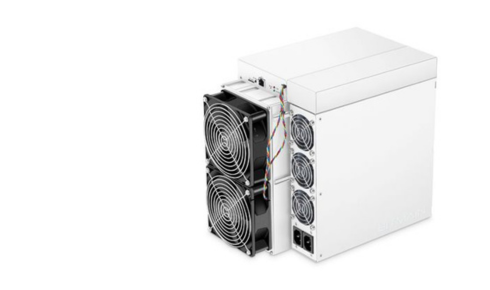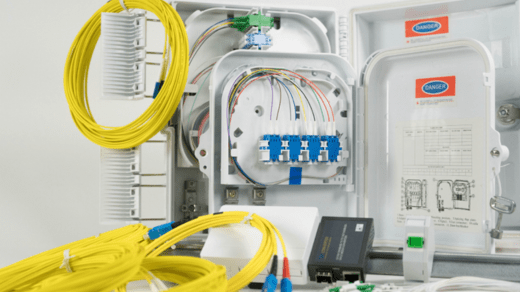Shiba Inu Health Tips: Ensuring a Long and Happy Life

Shiba Inus are known for their spirited personality, keen senses, and remarkable loyalty. As a responsible Shiba Inu owner, ensuring your furry friend leads a long, happy, and healthy life should be a top priority. This guide will provide essential health care tips specific to Shiba Inus, covering diet, exercise, regular vet check-ups, and common health issues and their prevention.
Diet: Feeding Your Shiba Inu for Optimal Health
A balanced diet is crucial for maintaining the health and vitality of your Shiba Inu. Here are some key points to consider when planning their diet:
1. High-Quality Dog Food:
- Choose a high-quality commercial dog food that lists meat as the first ingredient. Avoid foods with fillers like corn, soy, and wheat.
- Opt for dog foods that are free from artificial preservatives, colors, and flavors.
2. Protein-Rich Diet:
- Shiba Inus thrive on a diet rich in protein. Look for dog foods with a good proportion of animal-based proteins such as chicken, beef, or fish.
- Protein is essential for muscle development, energy, and overall health.
3. Portion Control:
- Follow the feeding guidelines provided on the dog food packaging, but also consider your Shiba Inu’s activity level, age, and weight.
- Overfeeding can lead to obesity, which is a common issue in Shiba Inus.
4. Fresh Water:
- Ensure your Shiba Inu has access to fresh, clean water at all times.
- Hydration is vital for their overall health and helps in digestion and nutrient absorption.
5. Healthy Treats:
- Use treats sparingly and opt for healthy options like small pieces of cooked meat, fruits, and vegetables.
- Avoid giving your Shiba Inu human foods that are toxic to dogs, such as chocolate, grapes, and onions.
Exercise: Keeping Your Shiba Inu Active
Regular exercise is essential for maintaining your Shiba Inu’s physical and mental well-being. Here are some tips to keep them active and happy:
1. Daily Walks:
- Aim for at least one hour of exercise daily. This can be divided into two or three walks throughout the day.
- Shiba Inus have a lot of energy and enjoy exploring, so vary your walking routes to keep them engaged.
2. Playtime:
- Incorporate interactive playtime with toys like balls, frisbees, and tug ropes.
- Engage in games that stimulate their minds, such as hide and seek or puzzle toys.
3. Off-Leash Time:
- If you have a secure, fenced yard, allow your Shiba Inu to run and play off-leash.
- Always supervise them during off-leash play to ensure their safety.
4. Socialization:
- Regularly expose your Shiba Inu to different environments, people, and other dogs to enhance their social skills.
- Socialization helps prevent behavioral issues and keeps their minds sharp.
When considering a name for your Shiba Inu, you might find inspiration from Shiba Inu names. Choosing a name that reflects their spirited and loyal nature can enhance your bond and make training more effective.
Regular Vet Check-Ups: Monitoring Your Shiba Inu’s Health
Regular veterinary care is essential for early detection and prevention of health issues. Here’s what you need to do:
1. Annual Check-Ups:
- Schedule annual wellness exams to monitor your Shiba Inu’s overall health.
- Your vet will check for any signs of illness, update vaccinations, and perform routine blood tests.
2. Dental Care:
- Dental health is crucial for preventing gum disease and other dental issues.
- Brush your Shiba Inu’s teeth regularly and provide dental chews or toys to help maintain oral hygiene.
3. Parasite Prevention:
- Use flea, tick, and heartworm preventatives as recommended by your vet.
- Regularly check for signs of parasites, especially during warmer months.
4. Spaying/Neutering:
- Discuss spaying or neutering with your vet to prevent unwanted litters and reduce the risk of certain health issues.
Common Health Issues and Prevention
Shiba Inus are generally healthy dogs, but they are prone to certain health conditions. Awareness and preventive care can help manage these issues:
1. Hip Dysplasia:
- A genetic condition where the hip joint doesn’t fit properly, leading to arthritis and pain.
- Maintain a healthy weight and provide joint supplements if recommended by your vet.
2. Allergies:
- Shiba Inus can suffer from food, environmental, or contact allergies.
- Identify and eliminate allergens, and consult your vet for appropriate treatment options.
3. Patellar Luxation:
- A condition where the kneecap dislocates, causing pain and mobility issues.
- Prevent obesity and avoid over-exertion to reduce the risk.
4. Glaucoma:
- Increased pressure in the eye, which can lead to blindness if untreated.
- Regular eye check-ups and prompt treatment of eye issues are crucial.
5. Hypothyroidism:
- A condition where the thyroid gland is underactive, leading to weight gain and lethargy.
- Regular blood tests can help diagnose and manage this condition.
Conclusion
Ensuring your Shiba Inu leads a long and happy life involves a balanced diet, regular exercise, routine vet check-ups, and awareness of common health issues. By following these health care tips, you can provide your Shiba Inu with the best possible care and enjoy many happy years together. Remember, a healthy Shiba Inu is a happy Shiba Inu!






